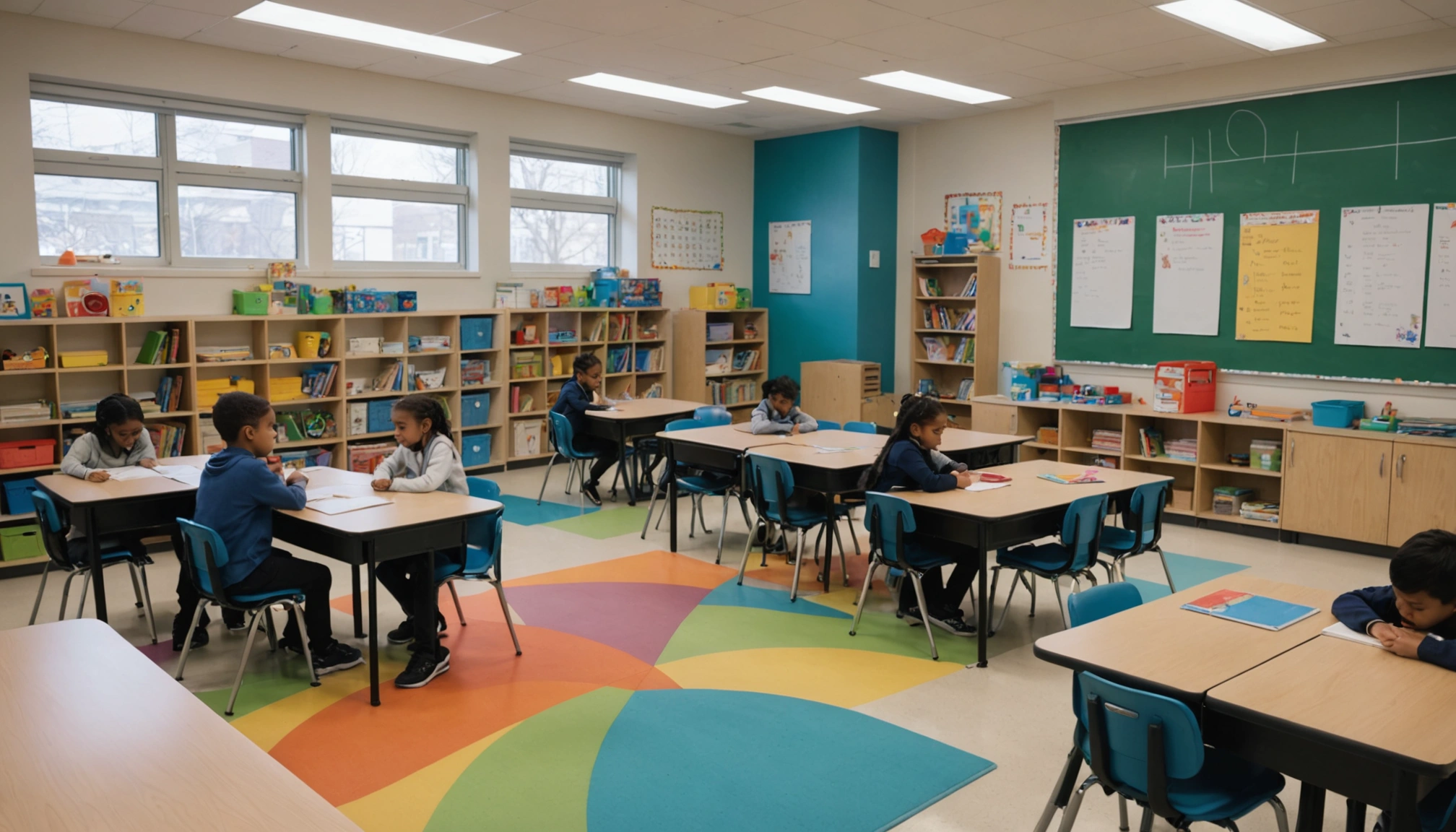Trauma-Informed Classrooms in Toronto: Current Best Practices
Empowering Toronto Students and Teachers for Healing and Success
Creating safe, welcoming spaces is essential for student mental health, especially for those who have experienced adversity. Toronto schools are transforming education by adopting trauma-informed approaches—ensuring every child feels understood, valued, and supported. Here’s what innovative classrooms and school communities are doing in 2025 to build trust and resilience in every learner.
Why Trauma-Informed Practices Matter in Toronto Classrooms
Toronto is among the most diverse cities in Canada, with many students facing unique challenges including trauma related to immigration, discrimination, family dynamics, and systemic inequities. Research shows trauma can disrupt learning, social skills, and emotional regulation. Adopting trauma-informed classroom strategies helps educators recognize student needs, respond with sensitivity, and reduce disruptive behaviours caused by stress or anxiety, instead of punishing them. (Learn more about trauma-informed care from CAMH).
Core Elements of Trauma-Informed Classrooms
- Safety and Predictability: Teachers establish soothing routines, clear rules, and consistent responses so students know what to expect daily.
- Building Relationships: Staff prioritize connection over compliance, using empathy and encouragement to build trust with each student.
- Empowering Student Voice: Students are given choices and opportunities to share input, which fosters agency and confidence.
- Regulation Supports: Classrooms may offer mindful breaks, calming corners, or quiet spaces where students can self-regulate when overwhelmed.
- Inclusive and Anti-Oppressive Practices: Educators are trained to recognize and challenge certain biases and remain culturally responsive.
Tangible Strategies Toronto Educators Use
- Trauma-sensitive de-escalation techniques and restorative conversations instead of punitive measures.
- Curricula that weave in social-emotional learning, mindfulness, and resilience-building activities.
- Professional development on cultural humility and recognizing trauma responses.
- Collaboration with school-based mental health professionals and external providers in North York and across Toronto.
Family and Community Partnerships are Key
Trauma-informed care is most effective when it involves families and the broader community. Toronto schools increasingly work with parents, local mental health clinics, and cultural organizations to wrap support around every child. This holistic approach ensures that healing and growth don't stop at the classroom door. Explore trauma-informed counselling at Dynamic Health Clinic for families seeking dedicated care in North York.
Looking Ahead: 2025 Innovations and Accessibility
With greater awareness in 2025, more schools are embedding trauma-informed approaches into everyday learning environments. Accessibility initiatives and increased funding are expanding teacher training, classroom resources, and connections to therapeutic services in North York and throughout Toronto. These changes are helping set new standards for mental wellness and academic success, honouring each student’s story and resilience.
If you or your child are struggling after trauma, you’re not alone—reach out to Dynamic Health Clinic to book a confidential assessment or learn more about trauma-informed services. Creating safe spaces helps every student thrive.






